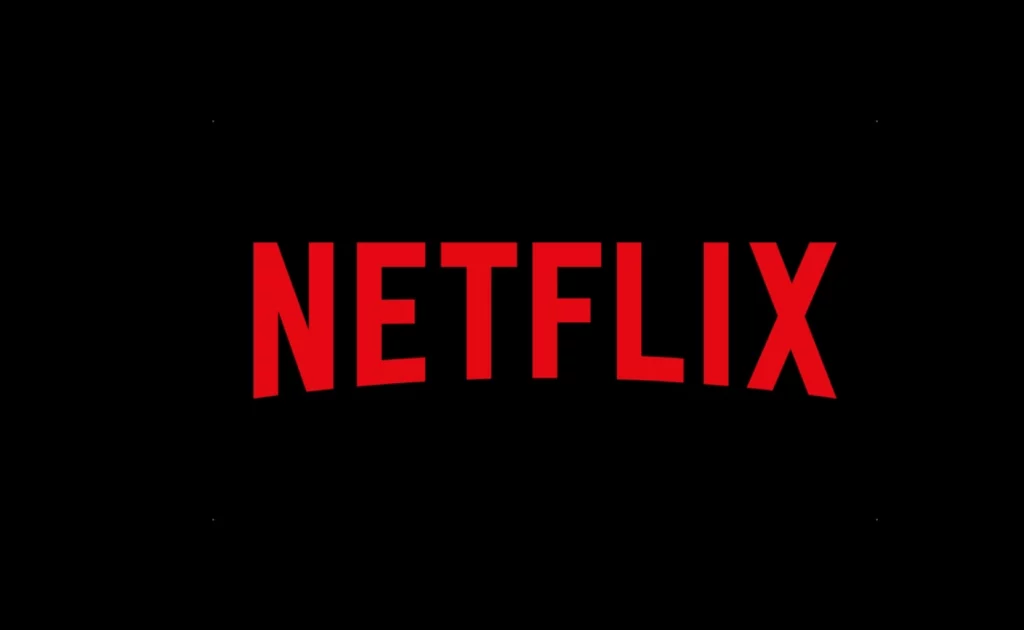Netflix, the world’s leading streaming service, has slashed its prices by up to 50% in over 30 countries. This move seems counterintuitive, given that the company raised prices in North America last year. However, Netflix is adapting to changing viewer habits post-lockdown and experimenting with a balance between revenue and subscriber growth.

The subscription price cuts have been implemented in parts of the Middle East, Sub-Saharan Africa, Europe, Latin America, and Asia. Netflix has also introduced a cheaper ad-supported plan in 12 countries. These moves come as several other streaming services have raised prices recently, with Disney+, Hulu, and Sling TV among them.
According to John Hodulik, media and entertainment analyst at UBS Group AG, Netflix’s decision “definitely goes against the recent trends not just for Netflix, but for the broader streaming industry”. However, in January, co-CEO Greg Peters stated that the company wants to find areas where it can raise prices, helping to fund new content investments. The regional price increases also allow Netflix to add a new demographic of subscribers to global markets where its share could be higher. Since rival services, including Disney+, HBO Max and Paramount+, are expanding globally, Netflix likely made a decision keeping all that in mind.
In addition to price cuts, Netflix is rolling out a new monthly fee for people who share their login credentials outside their homes. Netflix intends to use IP addresses, device IDs, and account activity to enforce its password-sharing policies. Although multi-household sharing has never been permitted by Netflix’s terms of service, it has been permitted for so long that charging for account access to friends and family could annoy some subscribers.
The program has gone through a trial phase in Latin America and has been rolled out in Canada, New Zealand, Portugal, and Spain. The new fee is $8 in Canada and New Zealand, €4 in Portugal, and €6 in Spain. The new payment structure will make its way to the US early this year.
RELATED:
- Sandbox VR and Netflix Bring Squid Game to Real-Life with Immersive VR Experience
- Killer Drone on Netflix Set, Leaves Actor with Severe Injuries
- Best Chromebooks for Writers – Compact & Powerful







